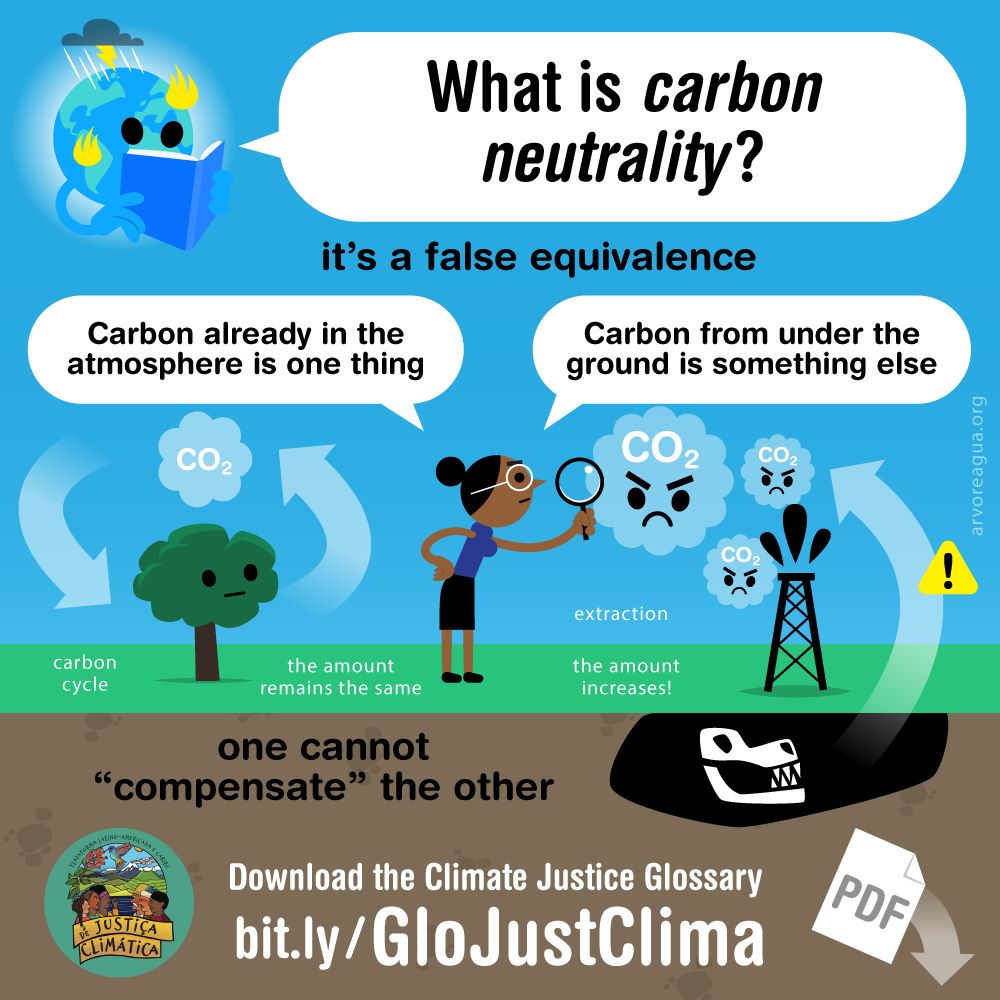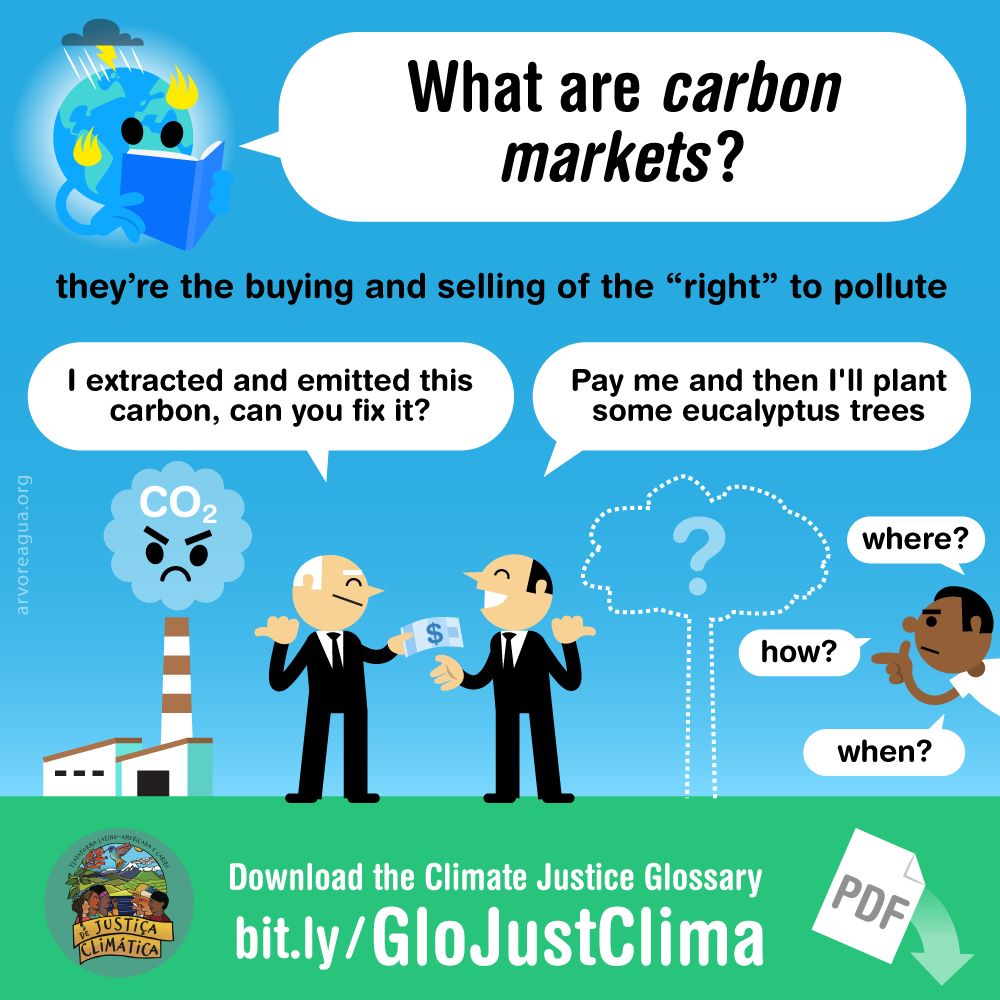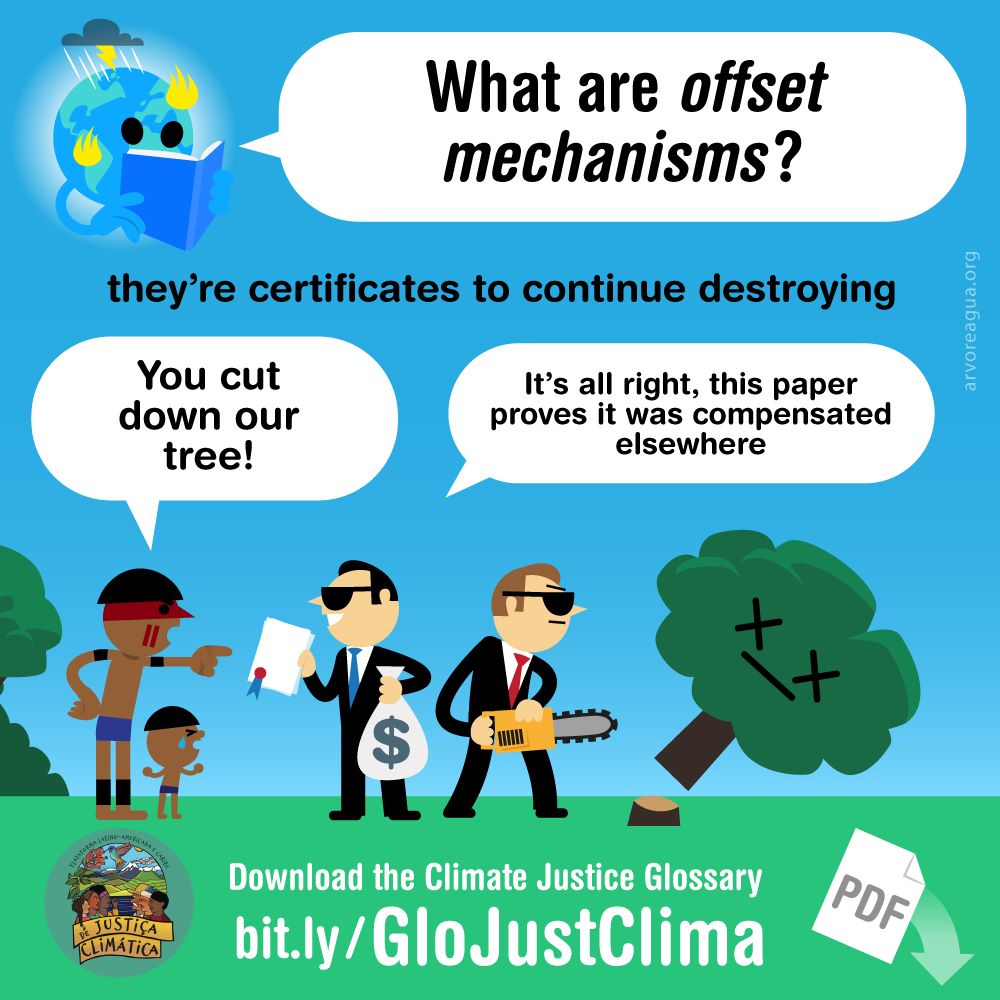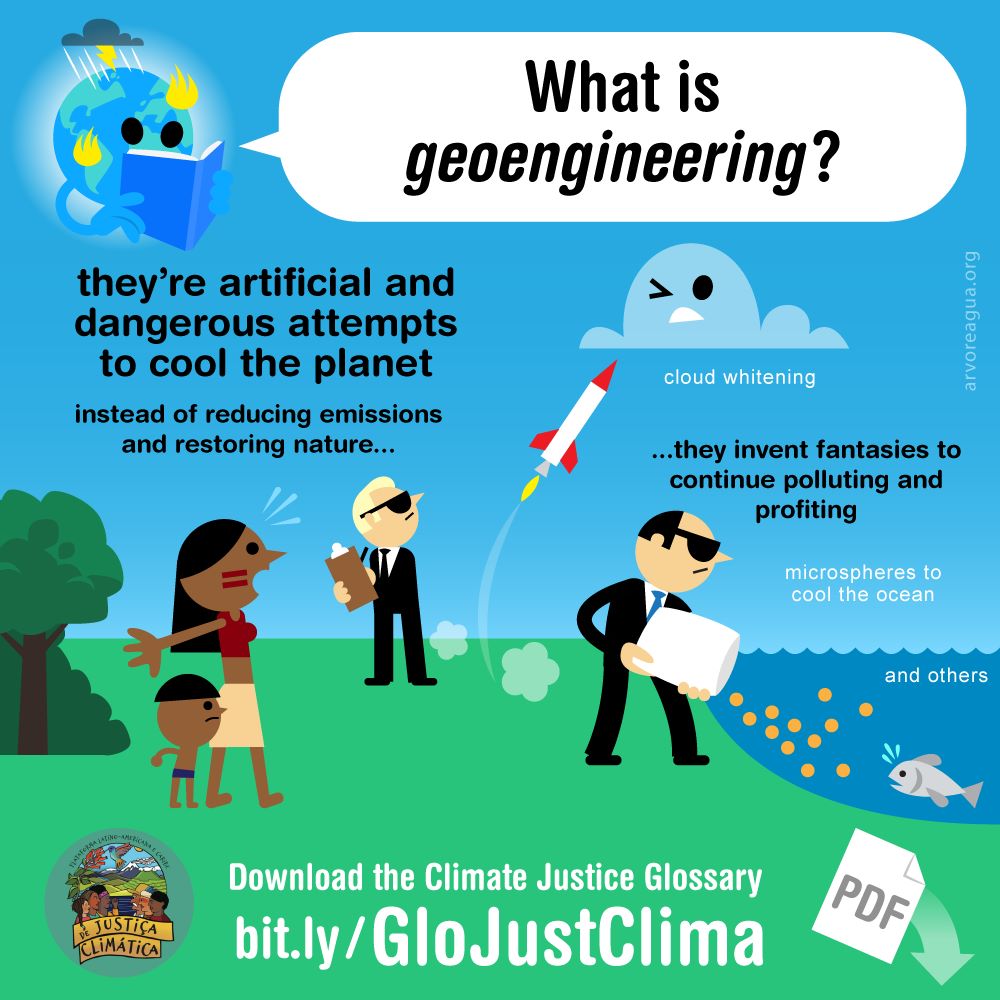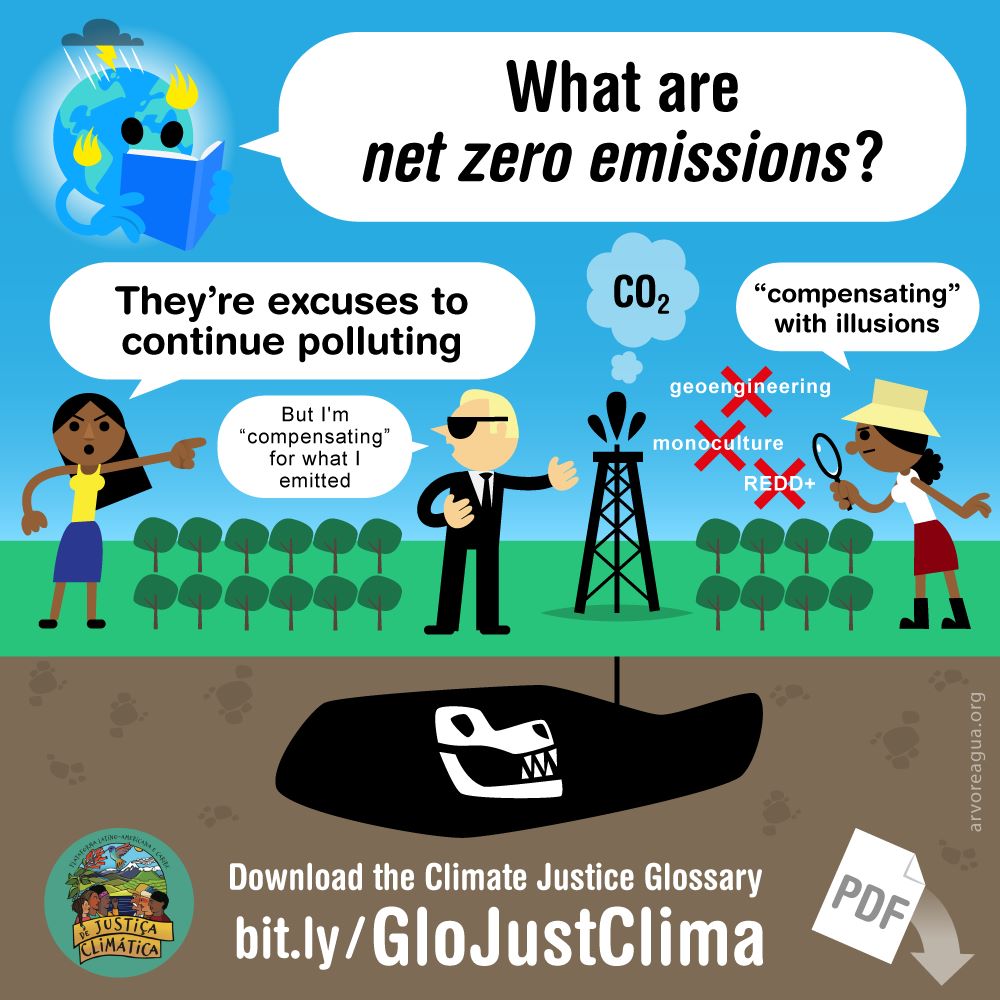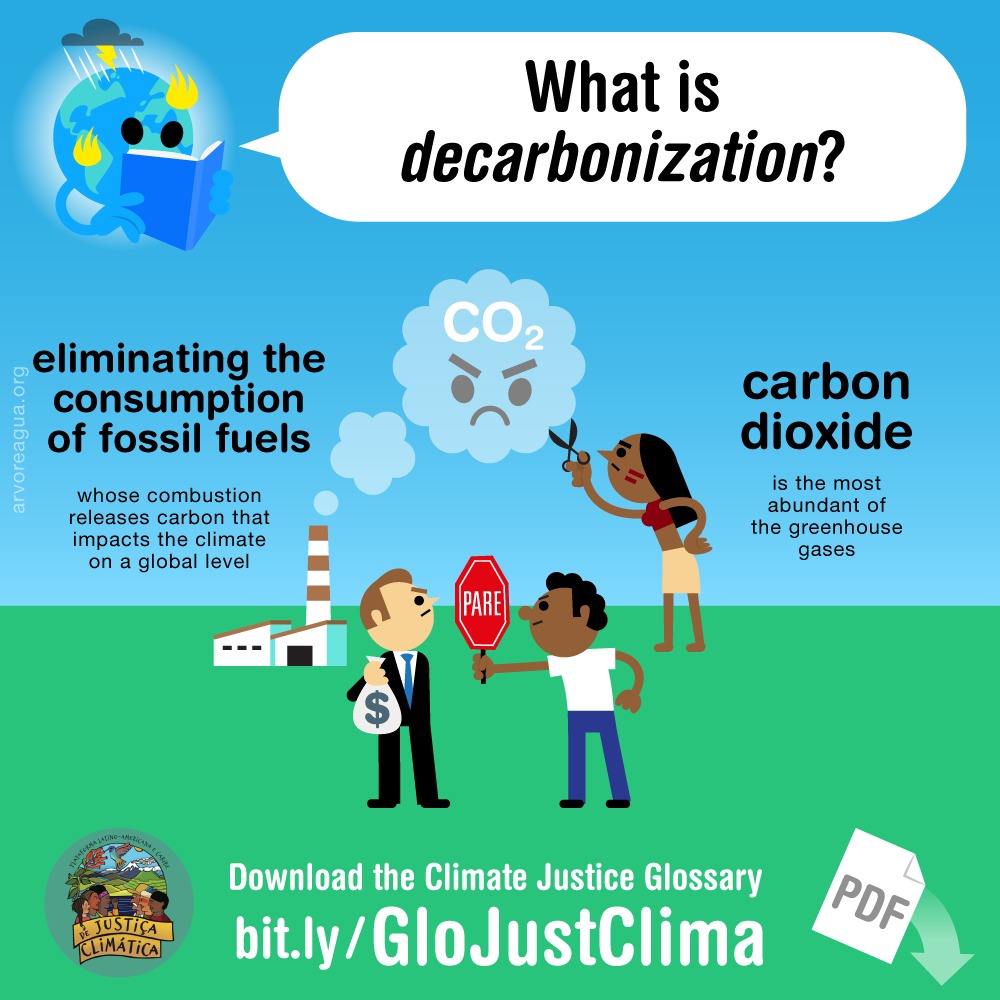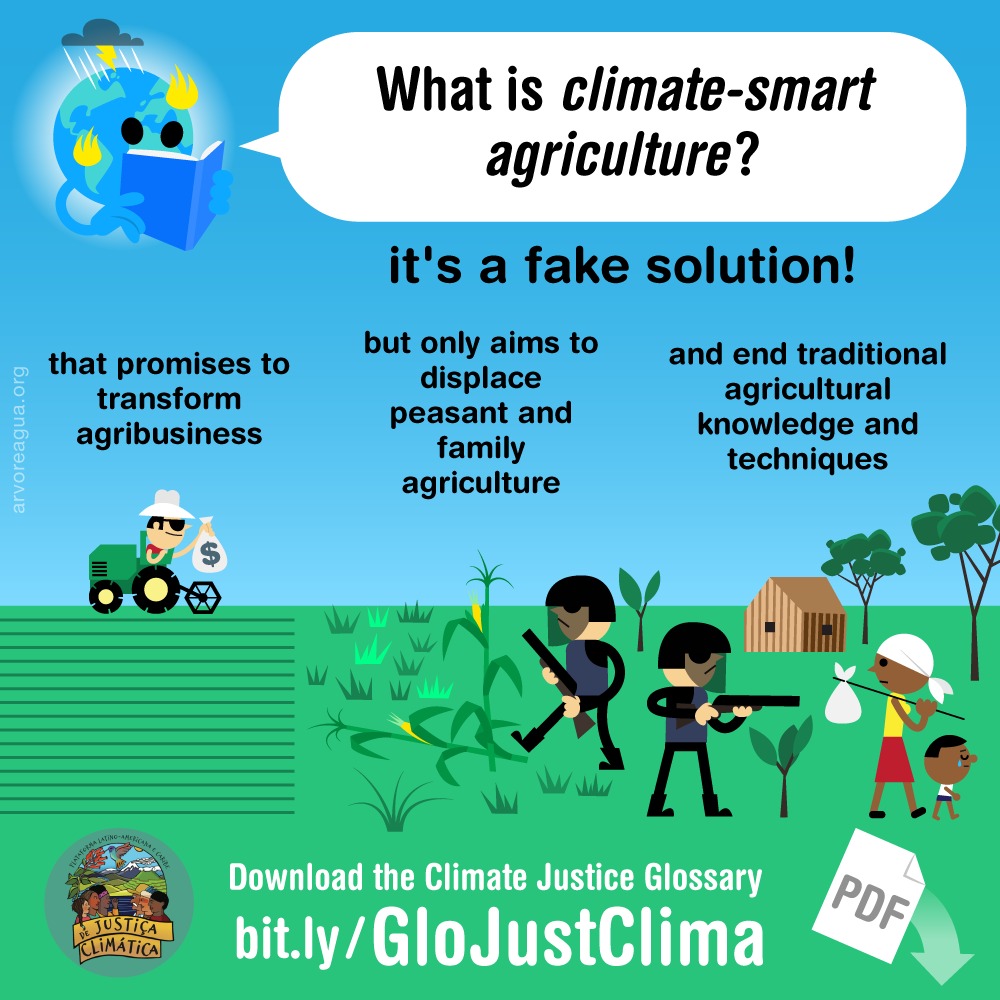Waste to Energy
In a system of increasing waste generation, we are faced with a frantic search for short-term solutions such as burying or incinerating waste (and waste-toenergy). This supposed use of waste for energy produces toxic waste, pollutes the air, and contributes to climate change. The costs of this are externalized on the environment and people. Incinerators …


